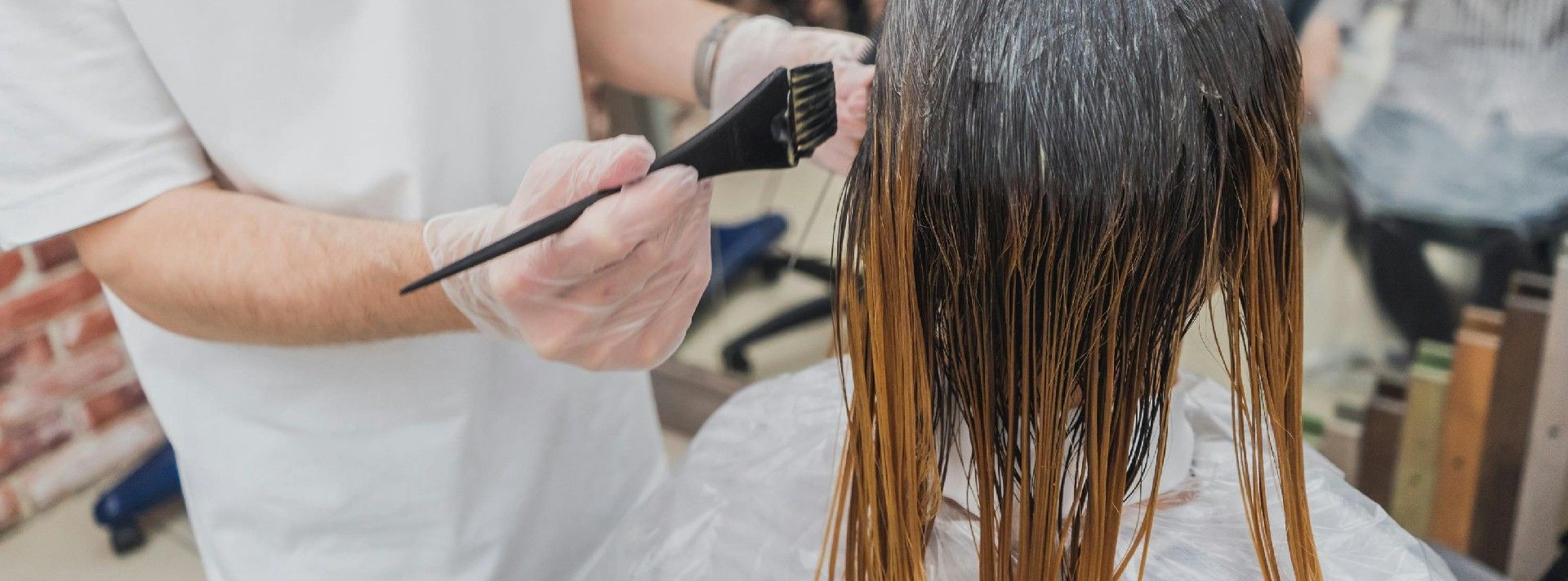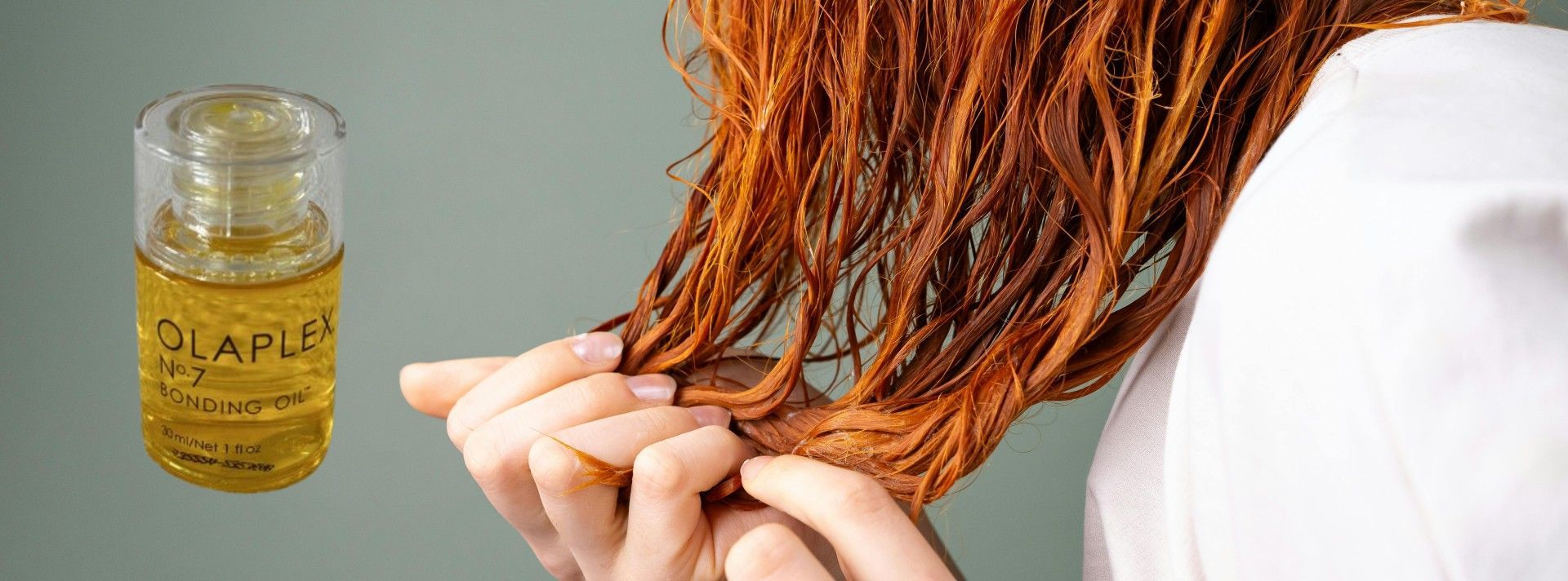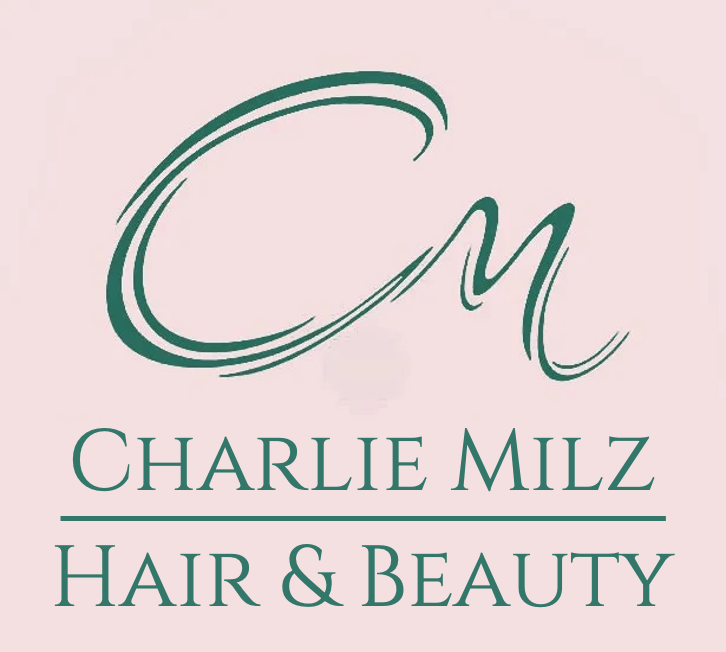Is Rosemary Oil Good for Hair Growth?
In our pursuit of confidence and beauty, hair plays a significant role. Healthy, luscious locks can boost our self-esteem and enhance our overall appearance. Recently, there has been a surge in the popularity and use of rosemary oil, especially through TikTok and Instagram, where millions of people have embraced it as a solution to promote hair growth and improve hair quality.
In this article, we will delve into the science behind rosemary oil's effects on hair, its rising trend on social media, and whether it is a passing fad or a legitimate hair care remedy so you don’t have to invest before knowing if it’s worth it.
Why Does Our Hair Make Us Feel So Confident?
Our hair can significantly influence our confidence levels. A thick, vibrant mane can make us feel attractive and self-assured; some pressure comes from society for people to have a thick head of hair, but it’s no secret that issues like thinning, dryness, or hair loss can lead to diminished self-esteem – for everyone, not just women.
The Rise of Rosemary Oil on Social Media
Consequently, people often seek solutions and natural remedies to address these concerns with natural remedies gaining immense popularity with videos showcasing before-and-after transformation, captivating millions.
TikTok has seen a surge in users showcasing the benefits of rosemary oil for hair growth and quality, and Google alone has approximately 153 million searches so the desire for rosemary oil grows as quickly as it apparently makes hair grow!
Understanding the Science Behind Rosemary Oil for Hair Growth
Rosemary is an aromatic herb with a long history of medicinal use. It contains various bioactive compounds which exhibit antioxidant and anti-inflammatory properties. These compounds are believed to stimulate hair follicles, promote circulation to the scalp, and improve hair quality.
Several studies support the potential benefits of rosemary oil for hair growth. Research published in the "Skinmed Journal" in 2015 found that rosemary oil, when applied topically, showed significant hair growth-promoting effects in mice. Another study published in the "International Journal of Biotechnology" in 2016 indicated that rosemary oil could enhance hair regrowth in patients experiencing androgenetic alopecia, a common form of hair loss.
Is Rosemary Oil a Fad or an Effective Hair Care Remedy?
With the buzz surrounding rosemary oil on social media, it is essential to assess whether it is a passing trend or a scientifically backed solution, especially before you spend on a product. While social media can sometimes inflate the popularity of certain remedies, rosemary oil's efficacy for hair growth is grounded in scientific research. The bioactive compounds in rosemary oil have shown promise in stimulating hair follicles and promoting regrowth. However individual results may vary, and rosemary oil might not work for everyone.
How to Use Rosemary Oil for Optimal Results
If you're interested in trying rosemary oil for improved hair growth and quality, follow this step-by-step guide for best results:
- Choose high-quality rosemary essential oil: Ensure you select a pure, organic, and high-quality rosemary essential oil to maximize its benefits, such as Nature Spell Rosemary Oil or Mielle Organics , with Mielle having almost 50,000 positive reviews on Amazon.
- Carrier oil mixture: Rosemary essential oil is potent and should be diluted with another oil such as jojoba or almond oil. You can also buy these pre-mixed, like the examples above.
- Patch test: Before applying the mixture to your scalp, perform a patch test on your forearm to check for any allergic reactions or irritation.
- Scalp massage: Gently massage the diluted rosemary oil into your scalp for about 5-10 minutes. The massage itself can help improve blood circulation to the hair follicles.
- Leave it on or wash it off: You can choose to leave the oil on your scalp overnight or wash it off after a few hours. If leaving it on overnight, consider wearing a shower cap or bonnet to protect your bedding.
- Regular application: Consistency is key. Use rosemary oil on your scalp 2-3 times a week for at least a few months to assess its effectiveness.
Things to Consider
Even though it’s a natural remedy, there are always things to consider when trying a new product – particularly if you have sensitive skin; this is why we always recommend a patch test.
Allergies and Sensitivities: If you experience any adverse reactions, discontinue use immediately and consult a dermatologist.
Individual Differences: Remember that hair growth and quality are influenced by various factors, including genetics, overall health, and lifestyle habits. Rosemary oil might not yield the same results for everyone.
Patience: Natural remedies often require time to show results. Be patient and consistent with your rosemary oil hair care routine.
Are the any hair types or conditions that would prevent the use of rosemary oil?
While rosemary oil is generally considered safe for most people, there are some hair types or conditions that might require caution or prevent its use. It's important to be mindful of these factors before incorporating rosemary oil into your hair care routine.
Here are some instances where caution or avoidance may be necessary:
Allergic Reactions: As mentioned, some individuals may be allergic to rosemary or its components. Before using rosemary oil on your scalp, perform a patch test on a small area of your skin to check for any adverse reactions or allergies.
Sensitive Scalp: If you have a sensitive scalp prone to irritation or inflammation, using rosemary oil may cause discomfort or exacerbate the condition. In such cases, it's best to consult a dermatologist, trichologist or an expert hairdresser before trying any new hair care products.
Scalp Infections or Open Wounds: If you have any scalp infections or open wounds, avoid using rosemary oil until the condition has healed. Applying essential oils to broken skin can lead to irritation and may delay the healing process.
Pregnancy and Nursing: Pregnant or people who are breastfeeding should exercise caution when using essential oils. It's advisable to consult a healthcare professional before using rosemary oil during this time. For postpartum hair loss, however, rosemary oil can be great to support the regrowth during this time – find out more about this in our article about postpartum hair loss.
Children and Infants: Rosemary oil may be too potent for young children and infants. It is generally recommended to avoid using essential oils on children under the age of two, unless specifically advised by a healthcare professional.
Bleached or Colour-Treated Hair: If you have recently bleached or chemically treated your hair, your scalp and hair may be more sensitive. In such cases, it's advisable to avoid using rosemary oil until your scalp has fully recovered. When the scalp is okay, you can use rosemary oil – bleached hair on its own isn’t impacted by the product.
Seborrheic Dermatitis or Psoriasis: If you have scalp conditions like seborrheic dermatitis or psoriasis, using rosemary oil may aggravate these conditions. As always, it's best to consult with a dermatologist or trichologist for appropriate hair care recommendations.
Medical Conditions and Medications: If you have any underlying medical conditions or are taking medications, you may not be able to use rosemary oil. Always check with your doctor before trying something new if you suffer from a medical condition.
Can I Use Rosemary Oil if I have Oily Hair?
Yes, you can still use rosemary oil even if you have oily hair. In fact, rosemary oil can be beneficial for oily scalps and hair due to its natural properties.
Rosemary oil has a balancing effect on the scalp's sebum production. Sebum is the natural oil produced by the scalp to keep the hair and skin moisturised. When the scalp produces excess sebum, it can lead to oily hair so rosemary oil can help to regulate sebum production, which may reduce excessive oiliness.
Rosemary oil also has anti-inflammatory properties that can soothe an irritated scalp. Excess oiliness can sometimes cause scalp inflammation, and using rosemary oil may help alleviate this condition.
With its natural cleansing properties, rosemary oil can help to remove dirt and debris build up, and excess oil from the scalp. A clean scalp promotes healthy hair growth and can reduce the appearance of greasiness.
Excess oils on the scalp can sometimes clog hair follicles and hinder hair growth, the stimulating properties of rosemary oil may help promote better circulation and hair growth.
When using rosemary oil for oily hair, avoid using it excessively; both in how many times a week you apply and how much you apply each time.
As with any new hair care product, it's essential to observe how your hair and scalp react to rosemary oil.
Is Rosemary Oil Worth It?
The rising trend of using rosemary oil for hair growth and quality on social media platforms like TikTok is not without merit. Backed by scientific research, rosemary oil has demonstrated potential in promoting hair growth and improving overall hair health. However, like any natural remedy, individual results may vary. If you decide to try rosemary oil, approach it with patience, consistency, and realistic expectations, and enjoy the journey towards healthier and more vibrant hair.
You may also be interested in...





